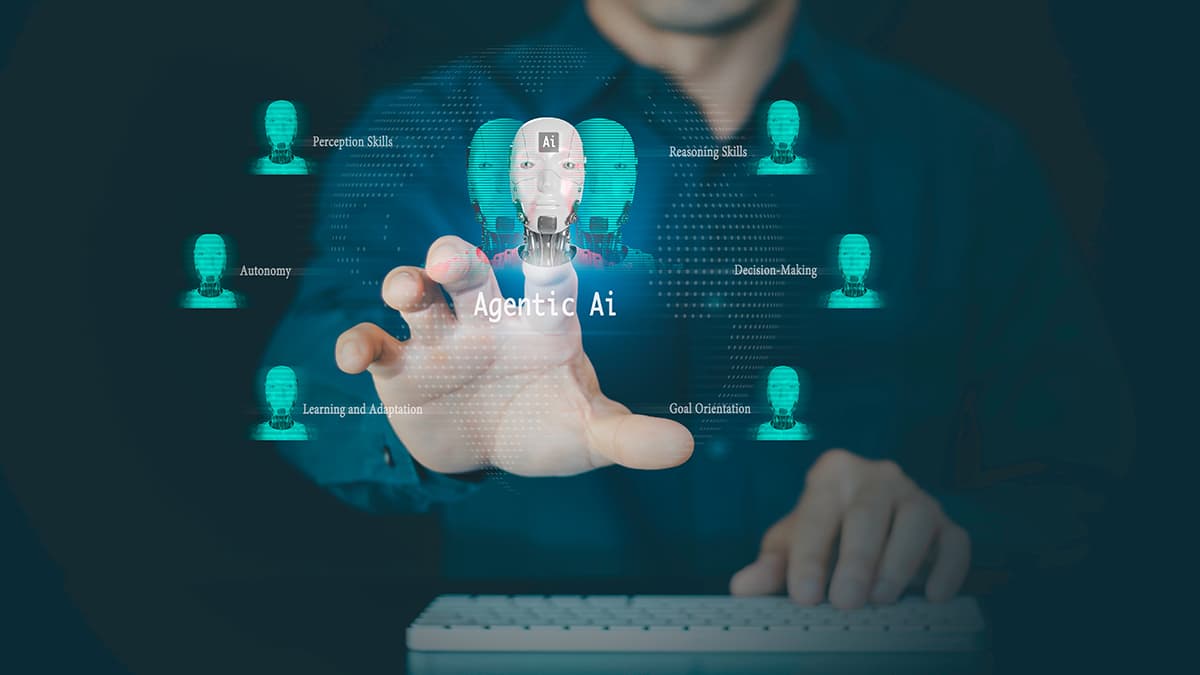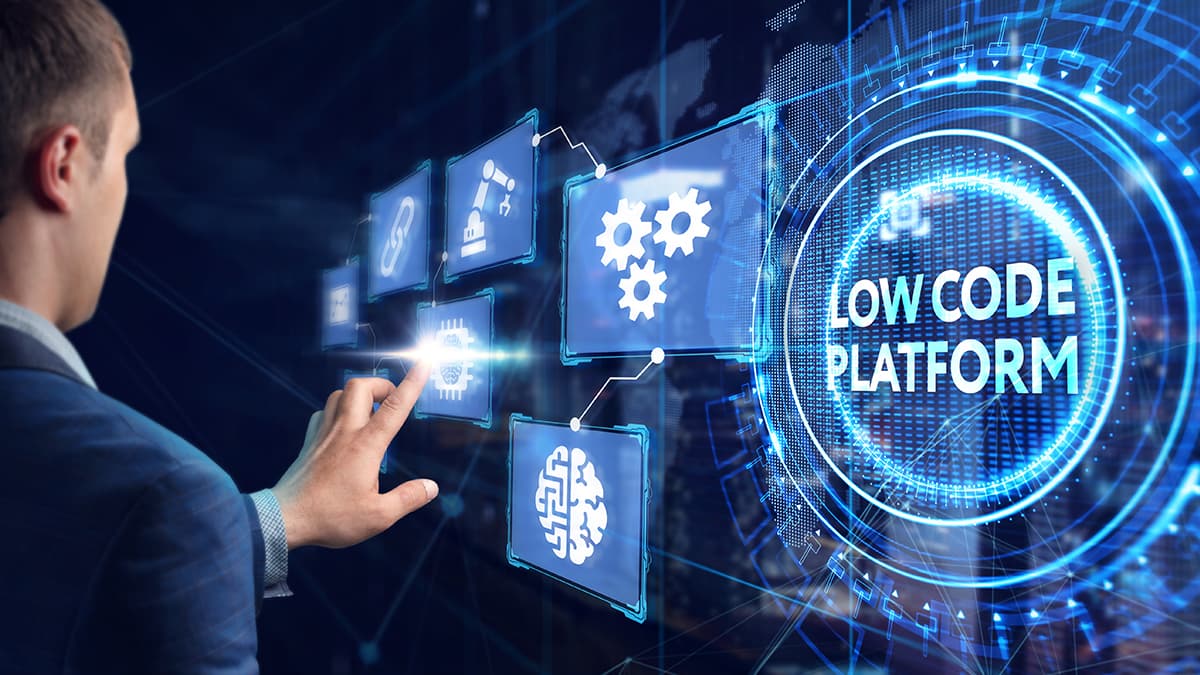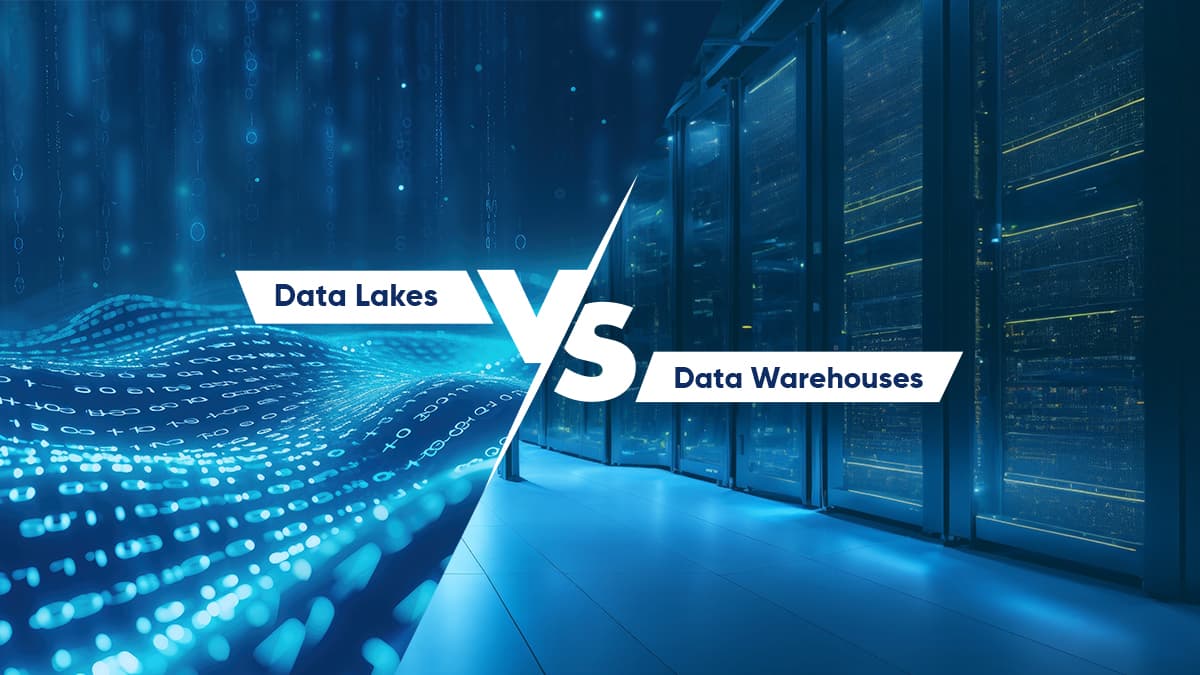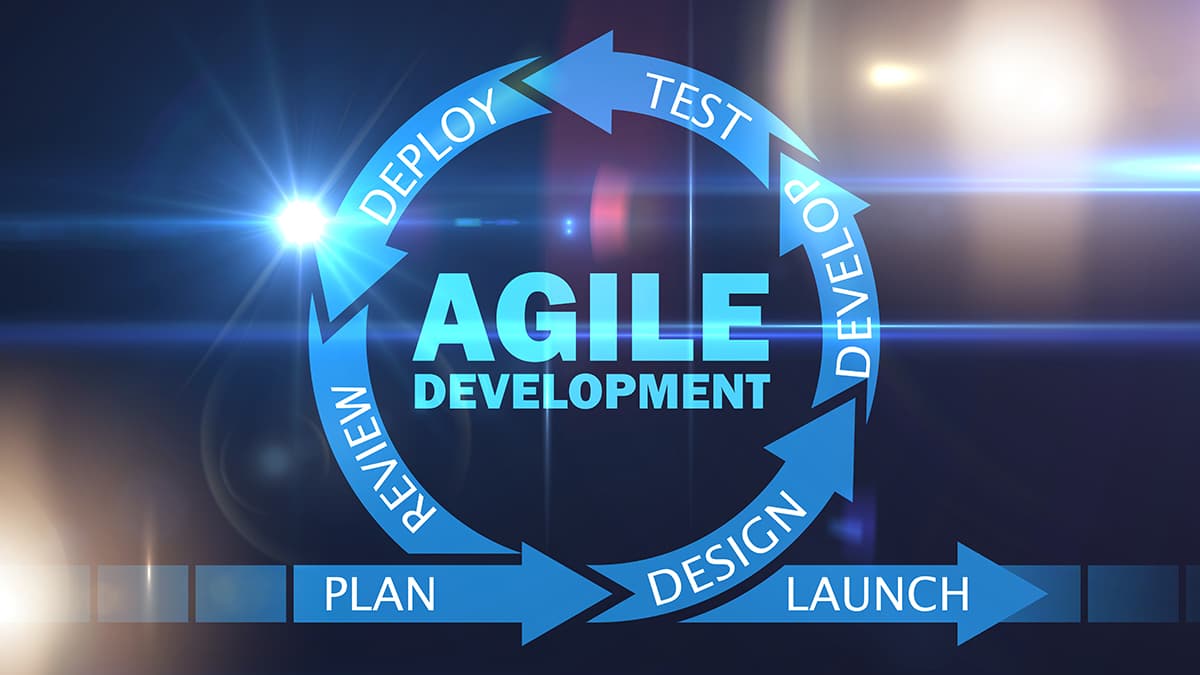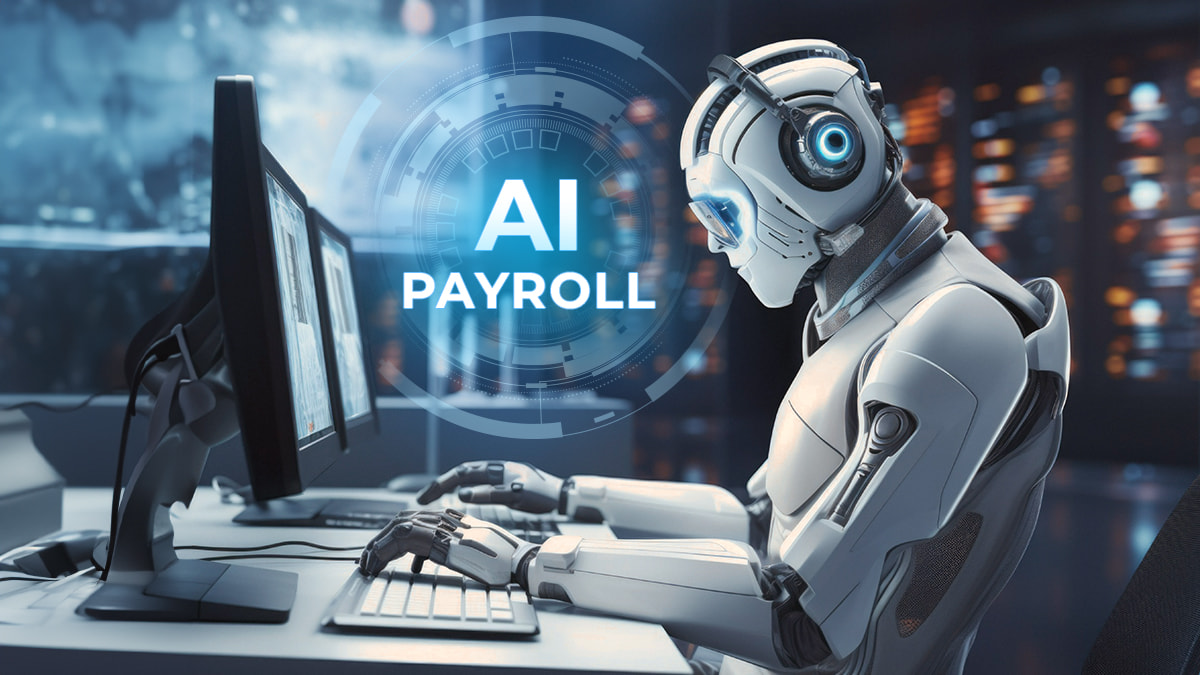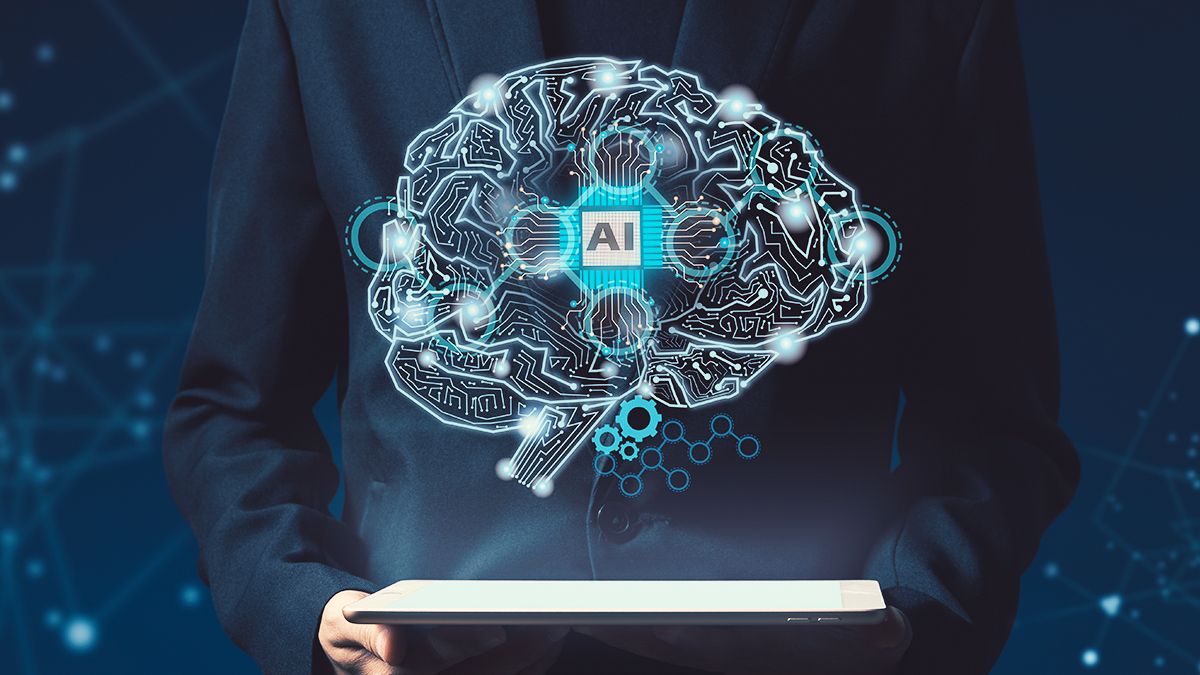
Recent developments in artificial intelligence have shifted focus from generative AI to a more sophisticated paradigm known as "agentic AI." This emerging technological framework merges the adaptability of large language models (LLMs) with the precision of conventional programming methodologies.
Agentic AI represents autonomous systems capable of executing complex tasks independently by formulating workflows and utilizing available tools. These systems possess decision-making capabilities that extend beyond their training parameters, enabling them to interact with external environments and implement solutions to multifaceted challenges.

The distinction between traditional LLM-based systems and agentic AI becomes apparent when examining their operational capabilities. While conventional LLMs, such as ChatGPT, provide recommendations based on static training data, agentic AI platforms incorporate real-time data processing and dynamic decision-making capabilities. These platforms utilize an LLM as a central orchestrator, coordinating multiple specialized agents across various applications. These agents may comprise additional AI models or purpose-specific tools designed for data retrieval and analysis.
Consider a practical implementation: an agentic AI system could theoretically integrate real-time e-commerce data with payment processing capabilities, enabling not only informed product recommendations but also autonomous transaction execution. This represents a significant advancement toward autonomous systems capable of managing complex workflows with minimal human intervention.
The significance of agentic AI can be attributed to four primary factors:
1. Integration of Flexibility and Precision
LLMs excel in natural language processing, facilitating intuitive human-machine interactions without requiring extensive programming knowledge. Their ability to generate contextually appropriate responses and handle edge cases surpasses traditional rule-based systems. Additionally, LLMs demonstrate remarkable capabilities in content generation, code completion, and information synthesis.
Conversely, traditional programming provides deterministic reliability and structural integrity, essential for tasks requiring precise execution and verification. The synthesis of these approaches in agentic AI creates a hybrid system combining intuitive interaction with computational precision. This architecture may incorporate various agent types: simple reflex agents for specific tasks, rule-based agents capable of storing and utilizing new information, and learning agents that optimize their performance through continuous data acquisition.
2. Enhanced Data Access
Traditional LLMs operate within the constraints of their training data, unable to actively acquire new information or interact with external systems. Agentic AI overcomes these limitations through the implementation of specialized agents capable of:
• Executing web searches and API calls
• Accessing real-time database information
• Managing continuous data collection from IoT devices and system logs
• Implementing feedback loops for model optimization
3. Autonomous Operation
The integration of LLM intelligence with specialized agent capabilities enables sophisticated autonomous operation. This manifests in various applications:
• Healthcare: Continuous patient monitoring and treatment optimization
• Cybersecurity: Real-time threat detection and response
• Supply Chain: Automated inventory management and order processing
• Human Resources: Personalized employee onboarding and training programs
4. Enhanced User Interface Integration
Agentic AI presents opportunities to revolutionize traditional software-as-a-service (SaaS) implementations through natural language interfaces. This transformation simplifies complex data retrieval and visualization processes. For instance, generating comprehensive historical performance analyses that traditionally require manual data manipulation can be accomplished through simple natural language queries, significantly reducing operational overhead.
While generative AI has demonstrated impressive capabilities, the practical implementation of these technologies in enterprise environments remains challenging. Agentic AI provides a framework for bridging this gap, offering a more practical approach to integrating artificial intelligence into operational systems. Although substantial investments in large language models continue, agentic AI represents a promising direction for practical AI implementation in business environments.
The evolution of agentic AI signifies a crucial development in artificial intelligence, potentially revolutionizing how organizations implement and benefit from AI technologies. While the long-term impact of current investments in large language models remains uncertain, the agentic AI framework presents a pragmatic approach to incorporating AI capabilities into real-world applications.
This refined architecture, combining the adaptability of language models with the precision of traditional programming, positions agentic AI as a significant advancement in the field of artificial intelligence. As organizations continue to explore AI implementation strategies, the agentic approach offers a promising framework for achieving tangible business value through intelligent automation and enhanced decision-making capabilities.
Want to start a project?
Get your Free ConsultationOur Recent Blog Posts

© 2026 CSM Tech Americas All Rights Reserved




























